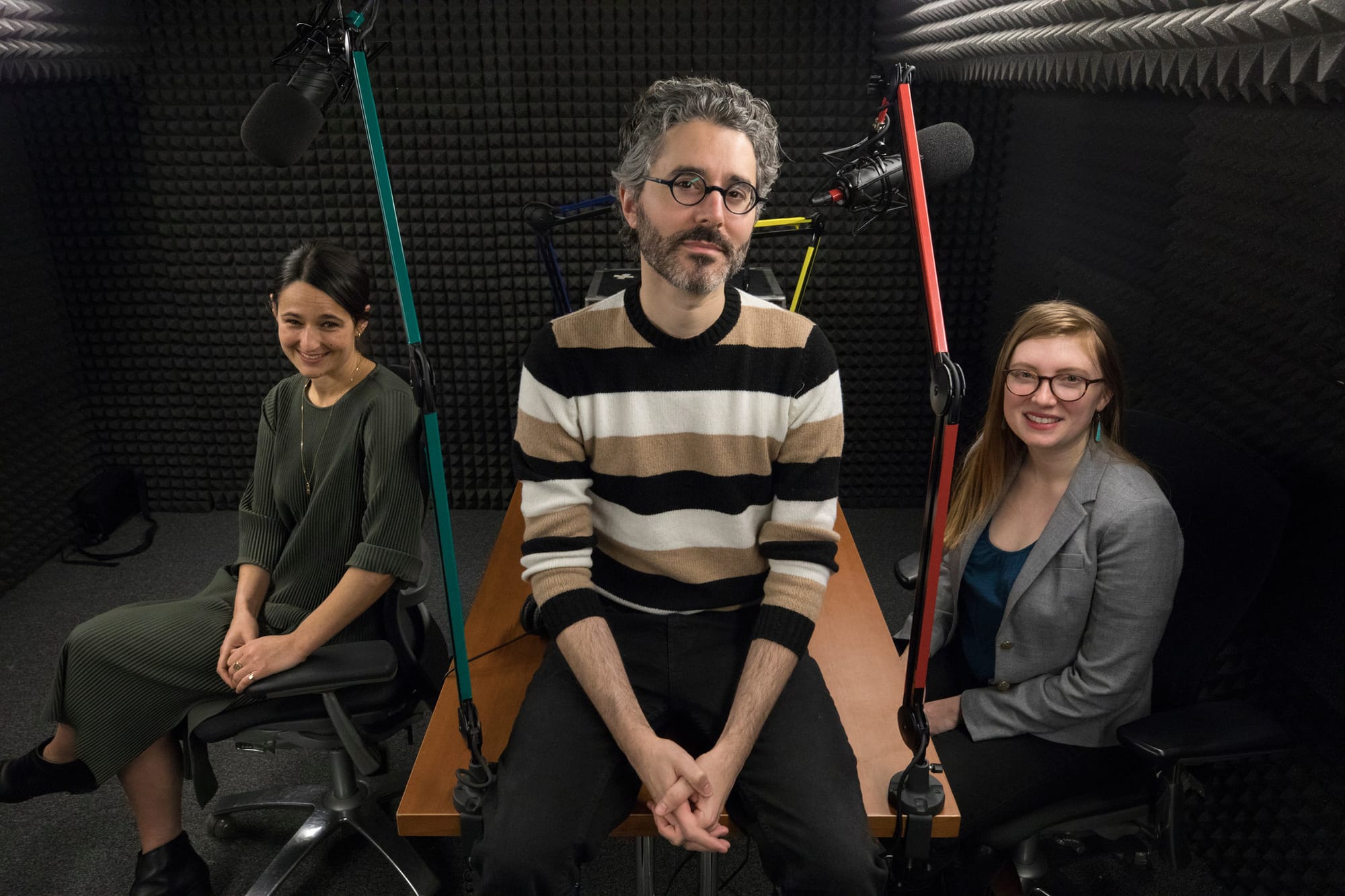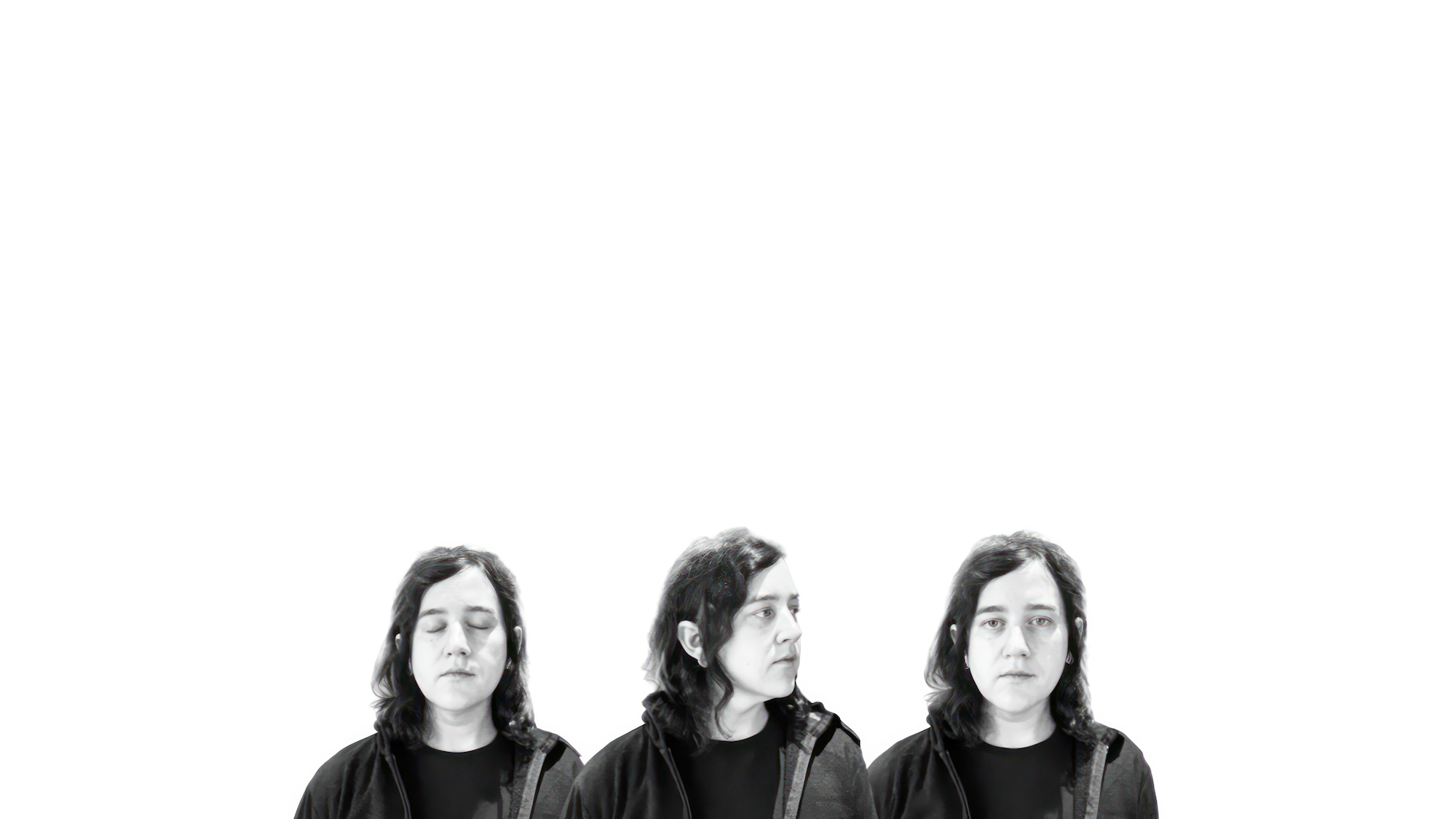Is Podcasting’s Golden Age Already Over?

Podcasting was unstoppable—until it wasn’t. The bubble’s burst, and the battle for survival has begun. Are we watching the death of podcasting as we know it?
Remember when podcasts were the hot new thing? Advertisers couldn't throw money at them fast enough. The big names like "This American Life" or the New York Times podcasts were raking in millions just from ads.
It was a podcasting boom, and it was supposed to be unstoppable. A medium that gave anyone with a microphone and an idea the chance to reach millions, it quickly became a billion-dollar playground for indie creators and corporate giants alike.
But Ad revenues are plummeting, listeners are overwhelmed by too much choice, and the big money that once flowed freely into the industry is drying up.
The cracks aren't just starting to show; they're rupturing into fault lines, reshaping the entire landscape.
Podcasting is no longer the darling of the digital media world, and it's now facing a harsh reality: the bubble is bursting. And survival is going to mean a battle between media giants and scrappy indies, with the spirit of podcasting in the balance.
Market Saturation and Listener Fatigue
The rise of podcasting from 2014 onward felt like a new golden age for independent creators and media companies.
Anyone with a microphone and a laptop could launch their own show - and many did. Along with their grandmas.
The podcast industry flourished, with tens of thousands of new shows launched annually. During the COVID-19 pandemic, this trend exploded further. Celebrities, indie creators, and major brands all scrambled to enter the market, flooding the space with an overwhelming volume of content.
By 2023, the podcast market had become oversaturated. With more than 4 million podcasts listed on Apple Podcasts alone, competition for both listeners and advertising dollars had reached unprecedented levels. The sheer volume of content made it difficult for even established players to stand out, let alone the legions of newcomers.
The saturation has led to an increase in audience fragmentation, with listeners spread thin across a multitude of shows. The once-loyal podcast audience, which traditionally followed a handful of shows, now faces a paralyzing amount of choice.
This oversaturation on a macro level has caused a profound shift in listener behavior. Rather than sticking with a few favorite podcasts, listeners are sampling more shows but sticking with fewer of them. As a result, many established shows have seen their numbers stagnate or decline.
Which has made the Apple Analytics Apocalypse a whole lot worse.
The Apple Apocalypse
Apple’s iOS 17 update in 2023 was the most significant event in the history of podcasting. It changed how automatic downloads worked, resulting in a dramatic reduction in the number of downloads for many podcasts.
In the past, a show’s episodes would automatically download to a subscriber’s device, even if they didn’t actively listen to them. This inflated download numbers, which were then used to sell ad space at premium rates. After the iOS 17 change, which limited these automatic downloads, download figures for some podcasts dropped between 10% and 30%.
For advertisers, accurate listener metrics are critical for determining ad rates. When download numbers took a fucking nosedive, advertisers balked, leading to a reduction in ad rates across the board. This American Life, for instance, saw a 20% drop in downloads, which directly impacted the show’s revenue.
As Ira Glass, the show’s creator, noted,
“It’s emotional. The numbers are emotional. A year ago, if I called somebody, I could have said, ‘Here’s who we are: 4.5 million people hear us each week.’ And now I have to say 3.5 million, which still sounds like a lot. But it is a pain in my heart every time I say it.”
This (admittedly, smallest-violin-inducing) sentiment reflects the broader anxiety felt throughout the industry. NPR, another podcasting heavyweight, reported a 27% decrease in downloads from Q1 2023 to Q1 2024. With the ad-based revenue model buckling under these new pressures, many podcasters are scrambling to find alternative funding sources, from corporate sponsorships to subscription-based models. But for many, it's too fucking little, too fucking late.
Ad-Skipping and Economic Realities
Ad-skipping is a feature of podcast listening, not a bug.
But producers and creators cannot and do not see it that way.
Podcast listeners have grown accustomed to skipping over ads, which significantly diminishes the value of podcast advertising. Unlike traditional radio or television, where ads are embedded into the programming, podcast listeners can simply hit the skip button and bypass ad breaks entirely.
The behavior has made advertisers wary of investing in podcasts, especially in a fucked up, high-interest rate economic climate. With inflation and economic instability reducing overall ad spend across the media industry, podcast ad revenue has been particularly hard-hit. Independent podcasters who rely heavily on ad revenue are finding it increasingly tough to stay financially viable.
What's the result?
More creators are either giving up or joining larger networks, trading independence for financial stability.
Corporate Consolidation and the Rise of Paywalls
The podcasting's appeal was always its accessibility. Listeners could download and enjoy content for free, while creators had the autonomy to produce whatever they wanted. But as the industry grew, so did corporate interest. There has been a massive wave of consolidation, with larger media companies acquiring smaller, independent podcast producers. Spotify, Wondery, and the New York Times have all made high-profile acquisitions, amassing libraries of exclusive content.
For listeners, this shift has been frustrating as all hell. Shows that were once free to access have been locked behind paywalls. Both Wondery and the New York Times have placed entire back catalogs of popular podcasts behind subscription services, alienating longtime listeners, who feel they are being asked to pay for something that was once free.
For independent creators, this corporate consolidation presents both challenges and opportunities. On the one hand, being acquired by a larger network can provide financial stability and wider distribution. On the other hand, it inevitably and painfully means sacrificing creative control and placing content behind a paywall, which risks losing the audience that made the show popular in the first damn place.
And what are the options if you don't go down that path?
In the absence of Ad revenue, you'll probably wind up with your own paywall anyway. And platforms like Patreon and Ghost have done a damn good job of allowing independent podcasters to offer a mix of free and premium content, giving dedicated listeners the option to pay for bonus material.
But while subscription models can provide a more reliable revenue stream for creators, they come with risks. Listeners are already bombarded with subscription services for everything from streaming television to air conditioning filters to news.
Just how much room do they have left for indie creators?
The Celebrity Podcast Bubble
One of the most glaring fucking missteps in the podcasting boom has been the influx of bullshit-ridden celebrity-hosted podcasts. Major networks, eager to capitalize on the fame of actors, musicians, and public figures, have poured enormous sums of money into signing exclusive deals with celebrities.
Meghan Markle, Prince Harry, and Joe Rogan are just a few high-profile names who have secured multimillion-dollar deals with platforms like Spotify.
But too many of these celebrity podcasts have failed to live up to the hype. Which is a nice way of saying they were somewhere between a scam and a fucking disaster.
Meghan Markle and Prince Harry’s $20-30 million Spotify deal, for example, produced only one 12-episode season of Archetypes before the deal ended in 2023. Spotify executives have since admitted they “probably overpaid” for the content. Meanwhile, celebrity-led podcasts are criticized for being poorly executed, lacking the engagement and authenticity that listeners expect from the medium and from the money paid for it all.
The influx of celebrity content has siphoned resources away from independent creators, who now find it even harder to compete for funding and exposure. And it hasn't helped the big players, either.
While celebrity podcasts might initially draw in listeners due to the host’s name recognition, they utterly fail to build the kind of loyal, dedicated audiences that are critical for long-term success. For podcast networks, this has been an expensive lesson in the limits of star power.
Changing Listener Behavior and the Shift to Video
In parallel with the rise of celebrity podcasts, we've seen the cyclical, obsessive, shiny-object-chasing Pivot to Video™️ come back for another painful round. While traditional audio-only podcasts remain popular, platforms like YouTube have seen an increase in demand for video podcasts, which (to some folks at least) offer a more dynamic and engaging experience.
It's especially pronounced among younger demographics, who increasingly prefer video content over audio.
Something, something, TikTok, something, something, "Kids these days" etc.
But there's something else at play here, too. The migration to YouTube has also been fueled by its superior discoverability features, which allow users to find new shows more easily than on audio-only platforms.
For creators who have built their shows around the audio format, this transition is fucking terrifying.
Producing video podcasts requires significantly more investment in terms of equipment, editing, and production costs—barriers that many independent creators simply cannot overcome.
The pressure to adapt is palpable, but for many smaller shows, the cost of producing video podcasts is simply too high.
So How Fucked Are We?
The podcasting boom that once seemed unstoppable is now facing tough realities. From plummeting ad revenues and oversaturated markets to the rise of celebrity content and shifting listener habits, the cracks are undeniable.
As corporate giants tighten their grip and smaller creators struggle to adapt, podcasting’s grassroots origins are being tested like never before.
But where does the industry go from here? Will independent creators carve out new, sustainable revenue models, or will paywalls and corporate consolidations reshape the medium entirely?
The question isn’t whether podcasting will survive, but rather what it will become — and whether it can retain the creative freedom that made it so revolutionary in the first place.

Discussion